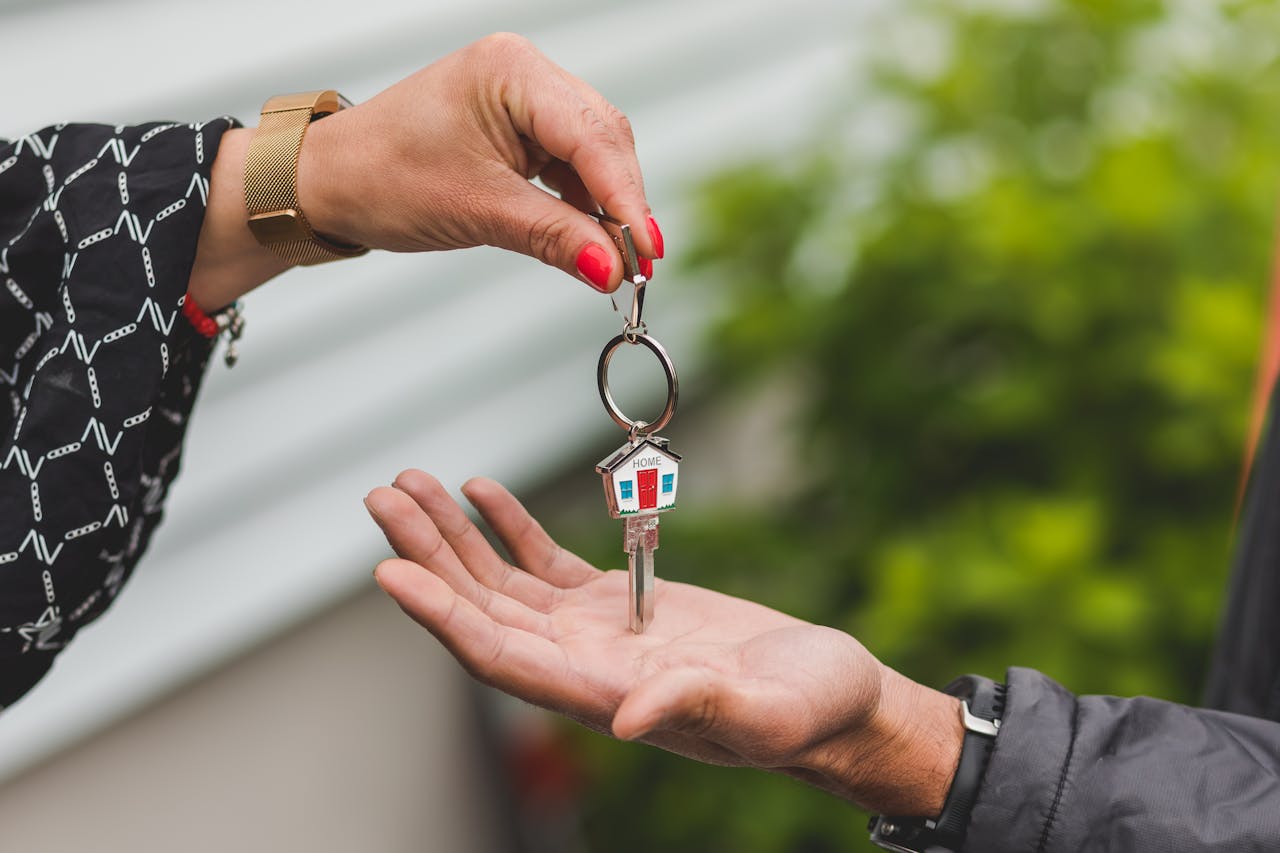Successful property management is about more than just collecting rent. It involves a mix of good communication, efficient maintenance, and smart financial practices. Knowing how to manage these aspects can make your job easier and keep your tenants happy. This balance creates a well-run property that benefits everyone involved.
Effective tenant communication builds strong relationships and trust. When tenants feel heard, they’re more likely to stay longer and take care of their rental unit. Clear and consistent communication helps prevent misunderstandings and resolves issues quickly. Maintaining these lines of communication is essential for a peaceful living environment.
Maintenance and repairs are another critical part of property management. Staying on top of maintenance tasks ensures your property remains in good condition. This not only keeps current tenants satisfied but also attracts new ones. A well-maintained property reduces the chances of emergency repairs, saving you time and money in the long run.
Using technology can also streamline many property management tasks. From online rent collection to maintenance tracking, there are numerous tools available to make your job easier. Technology helps you stay organized and efficient, leading to better property management.
Lastly, good financial management and record-keeping are vital to the success of any rental property. Keeping accurate records and managing finances well helps you stay profitable and prepared for any situation. By following these expert tips, you can master the art of property management and ensure your rental business thrives.
Mastering Tenant Communication and Relations
Effective tenant communication is key to successful property management. Good relationships make everything run smoothly. Here are some tips to help you achieve that.
1. Be Responsive: Respond to tenant inquiries quickly. Whether it’s a maintenance request or a question about the lease, timely replies show that you care. This builds trust and keeps tenants satisfied.
2. Clear Expectations: Set clear rules and guidelines from the start. Make sure your lease agreement covers all the important aspects like rent payment dates, maintenance responsibilities, and property rules. Clear expectations prevent misunderstandings.
3. Regular Updates: Keep tenants informed about property-related matters. This could be reminders about upcoming inspections or information about repairs. Regular updates keep everyone on the same page and prevent surprises.
Building good relationships with tenants doesn’t just create a peaceful environment; it also encourages them to treat your property with respect. Happy tenants are more likely to renew their leases, reducing vacancy rates and keeping your rental business stable.
Implementing Efficient Maintenance and Repair Protocols
Maintaining your rental property is crucial for keeping tenants happy and protecting your investment. Here’s how you can manage maintenance efficiently.
1. Regular Inspections: Schedule regular inspections of your property. Look for issues like leaks, electrical problems, and general wear and tear. Early detection can save you from costly repairs down the line.
2. Create a Maintenance Schedule: Plan out routine maintenance tasks. This includes seasonal checks for heating and cooling systems, plumbing inspections, and roof checks. A structured schedule ensures that nothing gets overlooked.
3. Quick Response to Repairs: Address repair requests promptly. Tenants will appreciate the fast service, and you’ll prevent minor issues from becoming major problems. Keep a list of trusted contractors who can handle emergencies and routine repairs quickly.
4. Keep Records: Document all maintenance and repair activities. Keep records of inspections, repairs, and costs. This helps you track the property’s condition and plan for future maintenance.
Efficient maintenance not only keeps your property in top shape but also shows tenants that you care. A well-maintained property attracts quality tenants and adds value to your investment.
Utilizing Technology for Property Management
Using technology can make property management easier and more efficient. It helps you stay organized and keep track of important tasks. Here are some ways to use technology in property management.
1. Online Rent Collection: Let tenants pay rent online. It’s convenient for them and ensures you receive payments on time. Many property management software options include online rent collection features.
2. Maintenance Tracking: Use software to track maintenance requests. Tenants can submit requests online, and you can monitor their progress. This keeps everything organized and ensures no requests are overlooked.
3. Tenant Communication: Technology makes it easier to communicate with tenants. Use email or property management apps to send updates and reminders. This ensures tenants are always informed and can contact you anytime.
4. Virtual Tours and Listings: Show your property online using virtual tours. This saves time and allows potential tenants to view the property from anywhere. High-quality photos and detailed descriptions can also attract more tenants.
Embracing technology can streamline many aspects of property management. It helps you manage your time better and provides a better experience for your tenants.
Financial Management and Record Keeping Best Practices
Managing finances well is crucial for successful property management. Keeping accurate records helps you track income and expenses, ensuring your rental business stays profitable. Here are some best practices.
1. Separate Finances: Keep your rental property finances separate from your personal finances. Open a separate bank account for your rental income and expenses. This makes it easier to track everything.
2. Track Income and Expenses: Record all rental income and expenses. Use accounting software to help you keep everything organized. This includes rent payments, maintenance costs, and any other expenses related to your property.
3. Set a Budget: Create a budget for your rental property. Plan for regular expenses like maintenance and repairs, as well as unexpected costs. Sticking to a budget helps you manage your finances better and avoid overspending.
4. Save for Contingencies: Set aside money for unexpected expenses. This could include emergency repairs or periods where the property is vacant. Having a financial cushion ensures you’re prepared for any situation.
5. Regular Financial Reviews: Review your finances regularly. Check your income and expenses to ensure they align with your budget. This helps you identify any discrepancies and make necessary adjustments.
Good financial management and record-keeping are essential for the success of your rental property. It helps you stay organized and ensures you’re always prepared for any financial situation.
Conclusion
Mastering the essentials of property management involves good communication, efficient maintenance, smart use of technology, and solid financial management. Each of these areas plays a crucial role in keeping your tenants happy and your property in top condition.
Effective communication builds trust and fosters a positive relationship with tenants. Keeping up with maintenance ensures a safe and appealing living environment. Leveraging technology streamlines operations and saves time. Good financial practices keep your rental business profitable and secure.
At The Rental Lister, we understand the challenges of property management. We offer comprehensive services to help you manage your rental property efficiently. From tenant communications to financial management, we’ve got you covered.
Let us help you take the hassle out of property management services. Contact The Rental Lister today to learn more about how we can assist you in successfully managing your property.




